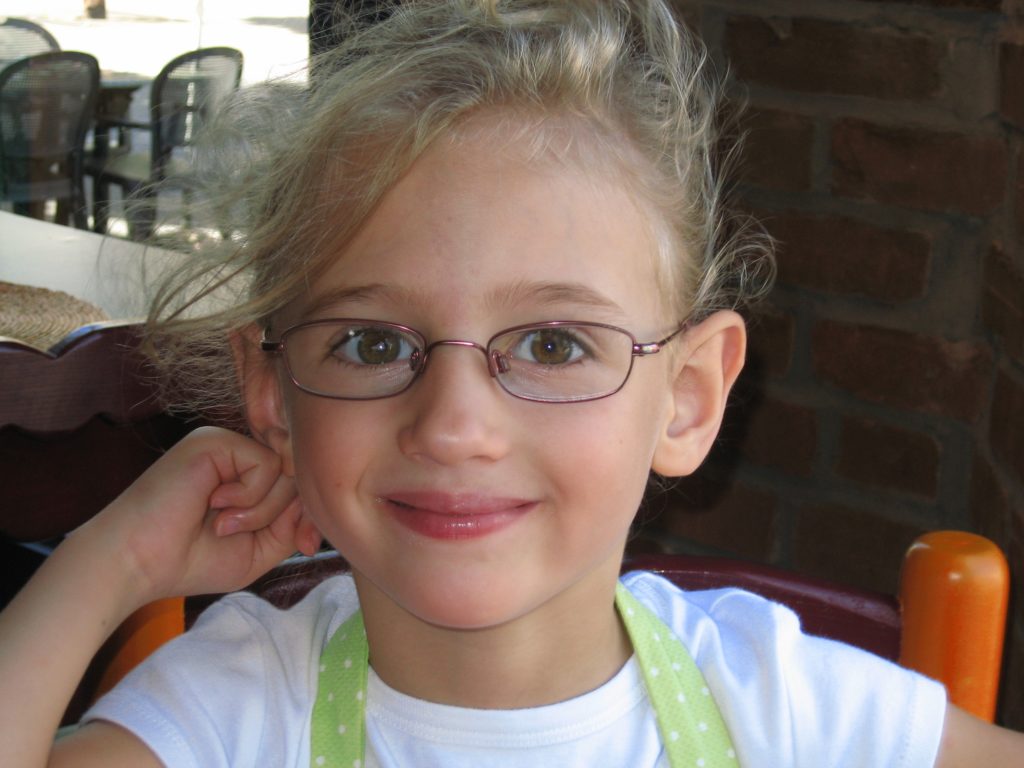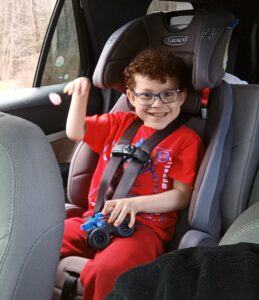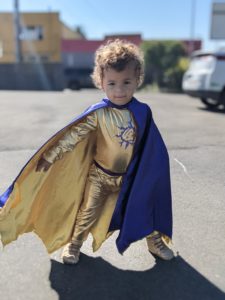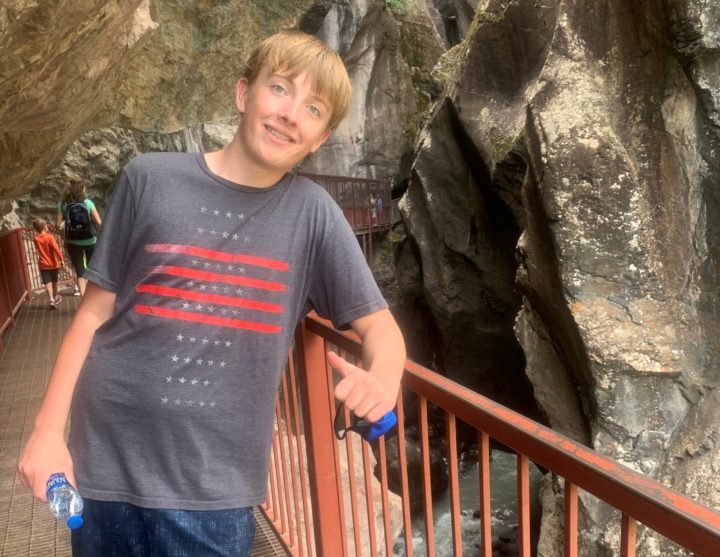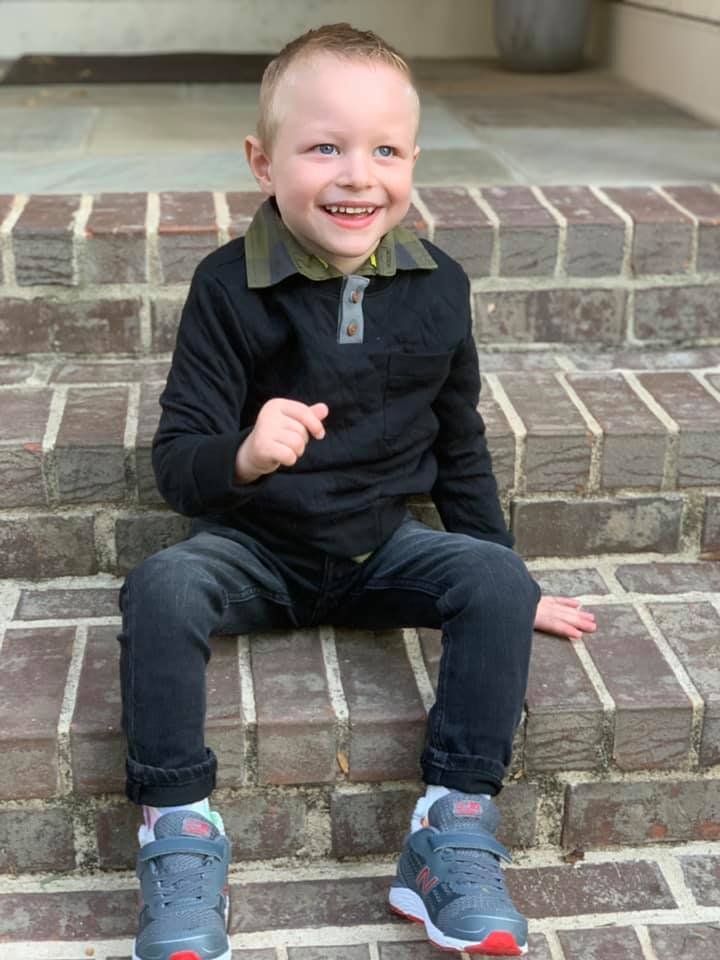Meet Mimi — Perinatal Stroke
Mimi’s story comes from Montreal, Canada.
From the day she was born, Mimi was a good-natured baby and overall, she seemed to be developing much in the same way as her older sister had at the same age. The only difference was that it seemed Mimi might be left-handed. Because her father is left-handed, I didn’t think much of it. But, as the months went by, I started to wonder if it wasn’t that Mimi was favoring her left hand as much as it was that she was only using her left hand. With their spindly, uncoordinated limbs that flail around indiscriminately, and their tiny hands that they haven’t yet learned to use, it’s hard to gauge whether a baby is moving “normally” or not. Besides, there is so much else to focus on—the challenges of making sure they are thriving, the relentless feeding and diapering routine and of course, the distracting happiness that comes from holding them close. But still, somewhere inside of me an uncomfortable concern began taking root.
A few months later, rather than starting to crawl, Mimi preferred to sit on the floor and push herself along sideways. We called it “scooching” and joked that Mimi was doing a great job of buffing the floors with her diaper. But, silently and steadily, the creeping roots of that uncomfortable concern continued to grow until finally when Mimi was about eight months old, during a routine check-up, I asked my family doctor what she thought. The doctor put a tongue depressor near Mimi’s right hand. Mimi moved her right hand in the general direction of the tongue depressor but did not grab onto it. The doctor said that she didn’t know if there was anything to be concerned about but if I wanted to, she could refer me to a specialist.
I stood there in the doorway for what felt like an eternity. My heart was pounding and all I wanted to do was leave but I heard myself saying that yes, I wanted a referral. I have sometimes wondered what would have happened if I hadn’t said yes at that moment. The diagnosis would have ended up being the same but I would have missed even more time during the valuable early years in which I got started on Mimi’s rehabilitation. This was one of the many times that I would listen to my intuition and realize long afterwards how important it had been that I had done so.
Now, a decade and a half later, the importance of having timely and accurate information about my daughter’s health has been underscored time and time again. With the right information, we can explore what rehabilitation options are available to help her overcome, as much as possible, the effects of the stroke she suffered as a baby. And, this has been a critical part of her becoming the vibrant and capable young person she is today, with a future as bright as anyone else’s.
Mimi’s mom Helene shares what she has learned over the years after Mimi’s stroke at birth.
- The most important thing I learned in helping my daughter overcome
the effects of a childhood stroke is to never be afraid to question the
limitations placed on her. Whenever I was told something wasn’t possible for her to do, I asked “What if it were possible, what could I do then?” And with that, I did my best to find solutions and workarounds. Over time, my daughter continued to surprise everyone with her brilliant determination, endless creativity and tremendous capacity. - Secondly, I made sure to constantly be on the look-out for small
flickers of hope that might indicate something positive might be
possible, no matter how tiny and imperceptible it might be to others. To me, it would be significant. - Now, seventeen years later, when I see how much possibility and hope
there actually was despite what I was told at the outset, I wonder what
might happen if more of us left open the possibility that maybe, just
maybe, something had even the tiniest possibility of improving, even if all the specialists said it could never happen and if we ourselves
weren’t sure. What if we let one another keep the few flickers of hope
we might actually have, instead of inadvertently taking them away with our words and our actions throughout the day—could that maybe spark more? Could that have a positive impact overall, even if it could never be measured or proven? I’d like to think so.
(This text is extracted from an essay that appeared in The Globe and
Mail on October 15, 2018 by Helene Louise (helene@michabooks.ca).
